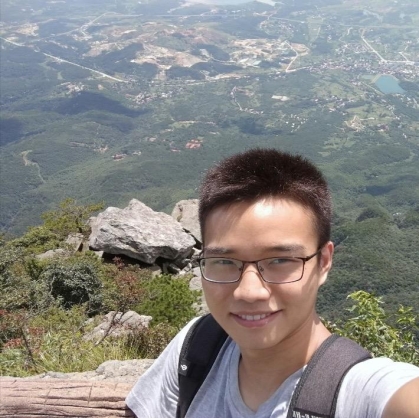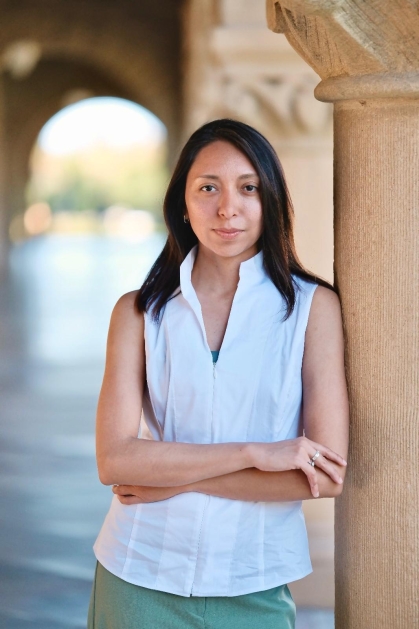SoE Students are Among Those Receiving Inaugural Nokia Bell Labs Scholarships
School of Engineering doctoral candidates Haydee Pacheco and Zhihao Tao are among the first Rutgers recipients of the Nokia Bell Labs Scholarship. The scholarship program, which is sponsored in partnership with Rutgers, supports exceptional postgraduate students in AI, machine learning, computer science, engineering, networking or communications.
Michael E. Zwick, Rutgers senior vice president for research, said, when the awards were announced, that “This scholarship highlights how the relationship between higher education research institutions and industry can advance innovative technologies that will make a positive impact on the world.”
With the announcement, Nokia Bell Labs Solutions Research President Thierry E. Klein, noted that “Our partnership with Rutgers University allows us to foster the growth of the next generation of innovators who are driving technological advancements. . .to make a meaningful impact on the future.”
With funding from Nokia Bell Labs, Rutgers is providing the recipients with a one-year scholarship of $10,000. They will also be eligible to be mentored by Noka Bell Labs researchers, and to attend Nokia Bell Labs lectures and events.
Seeking Security Solutions for Intelligent Wireless Systems

According to Tao, who expects to receive his PhD in electrical and computer engineering in 2026, his dissertation research is motivated by the growing concern over security and privacy in intelligent wireless systems, especially as sensing and communication increasingly converge in next-generation networks. “By using signal processing and generative AI, wireless systems can offer robust security at the physical layer without relying solely on encryption,” he explains.
At a time when security measures are often readily breached, Tao notes that his research focuses on designing adaptive security mechanisms that are not easily bypassed through conventional attacks. “I also continuously evaluate vulnerabilities from the adversary’s perspective to remain current,” he adds.
He has, in fact, applied for a patent for a wave-based privacy preserved techniques for vital sign monitoring systems.
“It is deeply rewarding to see my work recognized by the research community, and to know it contributes to both scientific understanding and practical security solutions,” says Tao.
Advancing Light-Based Technologies

“This award is deeply meaningful to me as it represents both recognition of my work, and my motivation to continue exploring the boundaries of knowledge,” says Pacheco, who expects to earn her PhD in materials science and engineering next spring. “It’s a reminder that research driven by curiosity and persistence can lead to real-world impact.”
Pacheco has long been intrigued by the ability to control light at the nanoscale. “My research combines my passion for materials science with a desire to create practical technologies that address global needs, “she explains. “Plasmonics offers an exciting pathway to manipulating light in unconventional ways, with the potential to enhance the performance of everyday devices.”
By bridging fundamental materials science with real-world applications, Pacheco’s research is contributing to the development of energy-efficient, miniaturized photonic technologies – with the potential to benefit optoelectronics, sensing, and renewable energy industries. “Beyond industry,” she states, “I hope it supports innovation in academic las, making advanced light-manipulating materials more salable and accessible for future research.”


